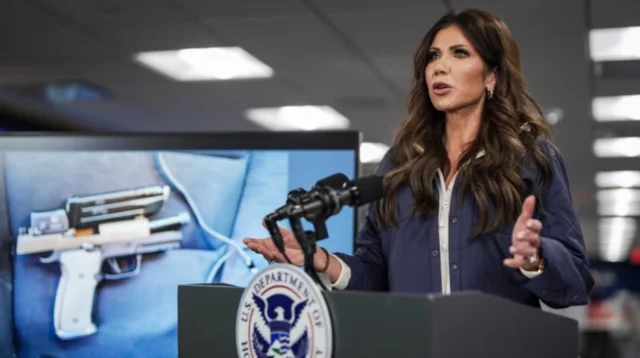Leading artificial intelligence firms are quickly increasing their lobbying presence in Washington, which is now proving to be a relatively easy target. Two privately held AI companies, OpenAI and Anthropic, have increased their hiring in Washington, stepped up their lobbying efforts, and are competing for contracts from the estimated $75 billion federal IT budget, much of which is now devoted to AI. Previously, they had positioned themselves as cautious, research-based alternatives to aggressive Big Tech companies.
Why are AI firms rapidly increasing Washington lobbying efforts?
This lobbying effort seeks to leverage a surge of backing from the Republican Congress and the Trump administration, which have energized the AI sector as a key component of American competitiveness and a way to reduce the size of the government workforce.
Although they don’t all put up a united front, the AI lobby is so far largely succeeding in its goals.
As part of its mega bill that is presently pending in the Senate, the House imposed a ten-year moratorium on state and municipal AI regulation, demonstrating politicians’ deference to industry.
However, detractors fear that the AI debate in Washington has devolved into an unduly intimate circle between businesses and their Republican backers, obscuring significant worries about the development of a potent but challenging technology.
What role do federal contracts play in AI expansion?
The AI lobby wants more government contracts and fewer rules that restrict its expansion. This is a typical Washington twofer. The government’s AI funding has been increasing. Building AI capability is a goal shared by all federal departments, including the Department of Defense, the Department of Energy, the IRS, and the Department of Veterans Affairs. It is anticipated that the push for automation and workforce reductions by the Trump government would increase the need for private companies to use AI to bridge the gap.
Growth in AI necessitates energy, and AI businesses have played a significant role in the current campaign in the White House and Congress to ease permits for the building of the latest data centres, tapping into new energy sources, and drawing private acquisitions for these undertakings.
In an infrastructure strategy published late last year, OpenAI urged the federal government to get ready for a huge increase in demand for energy supplies and computing capacity in the United States. Its ideas include extending the national power system, increasing government support for private investment in large energy projects, and establishing special AI zones to expedite licenses for energy and data centres.
Now, members of the Trump administration are echoing those ideas very precisely. Trump’s AI and crypto czar, David Sacks, presented a broad vision at the Bitcoin 2025 Conference in Las Vegas last month that reflected the lobbying objectives of the AI sector.




